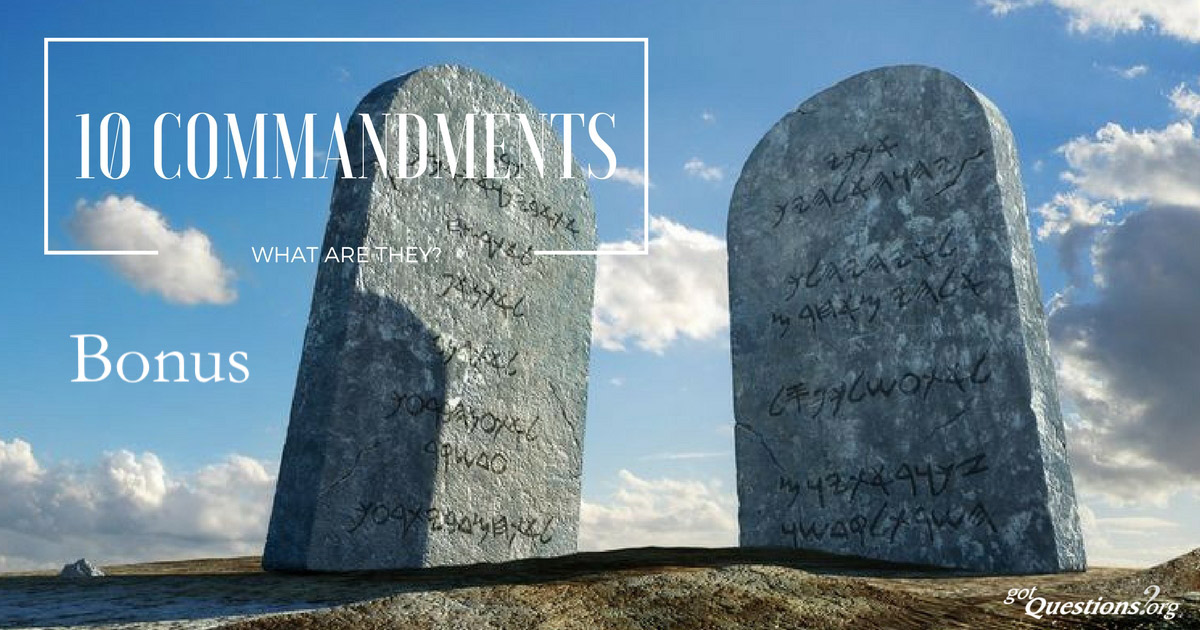The Ten Commandments Bonus Podcast
You shall not covet
A number of studies have found that people become more depressed and anxious the more time they spend on social media. We see pictures of people having dinner together at some great restaurant, and they’re all laughing, and we wonder, Why didn’t they invite me? I compare your Facebook life with my real life—which almost always leads to discouragement. It turns out people are selective in what they post. We use technology to project an image of our lives that really isn’t true.
Remember when families would send out Christmas newsletters? And it always seemed that their kids were all neurosurgeons and their dogs got into Harvard? Well, now we don’t have to wait for Christmas to get discouraged. We simply have to check our Instagram feed, and all of a sudden we’re flooded with evidence of our comparative inferiority:
She got married?
They got to go there on vacation? I’ve never been there.
Her job is that successful?
He’s having that much fun?
Their kids got into that college?
There’s a great quote by Frederick Buechner that says, “Envy is the consuming desire to have everybody else as unsuccessful as you are.”[29]
Someone should post that”
Excerpt From
I’d Like You More If You Were More like Me
John Ortberg
The God who created human beings knows what kind of life works best for us. Some things are obvious — don’t steal, don’t lie, don’t murder — and human society clearly works better that way. Some things are counterintuitive: care for the vulnerable, find your life by serving others, forgive when wronged, love your enemies. Yet that way of life ultimately proves most satisfying, for in following it we become the persons God intended us to be. As my aging body needs attention and repair, I have increasing appreciation for one of the titles given to Jesus: the Great Physician. A doctor cannot heal unless the patient presents a complaint. (The great tragedy of leprosy, diabetes, and other pain-numbing conditions is that the affected person cannot sense that something is wrong and so doesn’t seek help.) No one, not even God, can help a person who sees no need for healing. “Do you want to get well?” Jesus asked those who came to him with a physical ailment, a question that applies to those who suffer spiritually as well. Each time I visit my doctor for a checkup he goes through a list of questions that in any other context would seem intrusive. Do I drink alcohol? How much? What about coffee? Do I smoke? Use drugs? Am I sexually active? Do I exercise regularly? I take no offense at his prying into my personal life because I know we have the same interests at heart: my health. Vanishing Grace, Philip Yancey






Leave A Comment